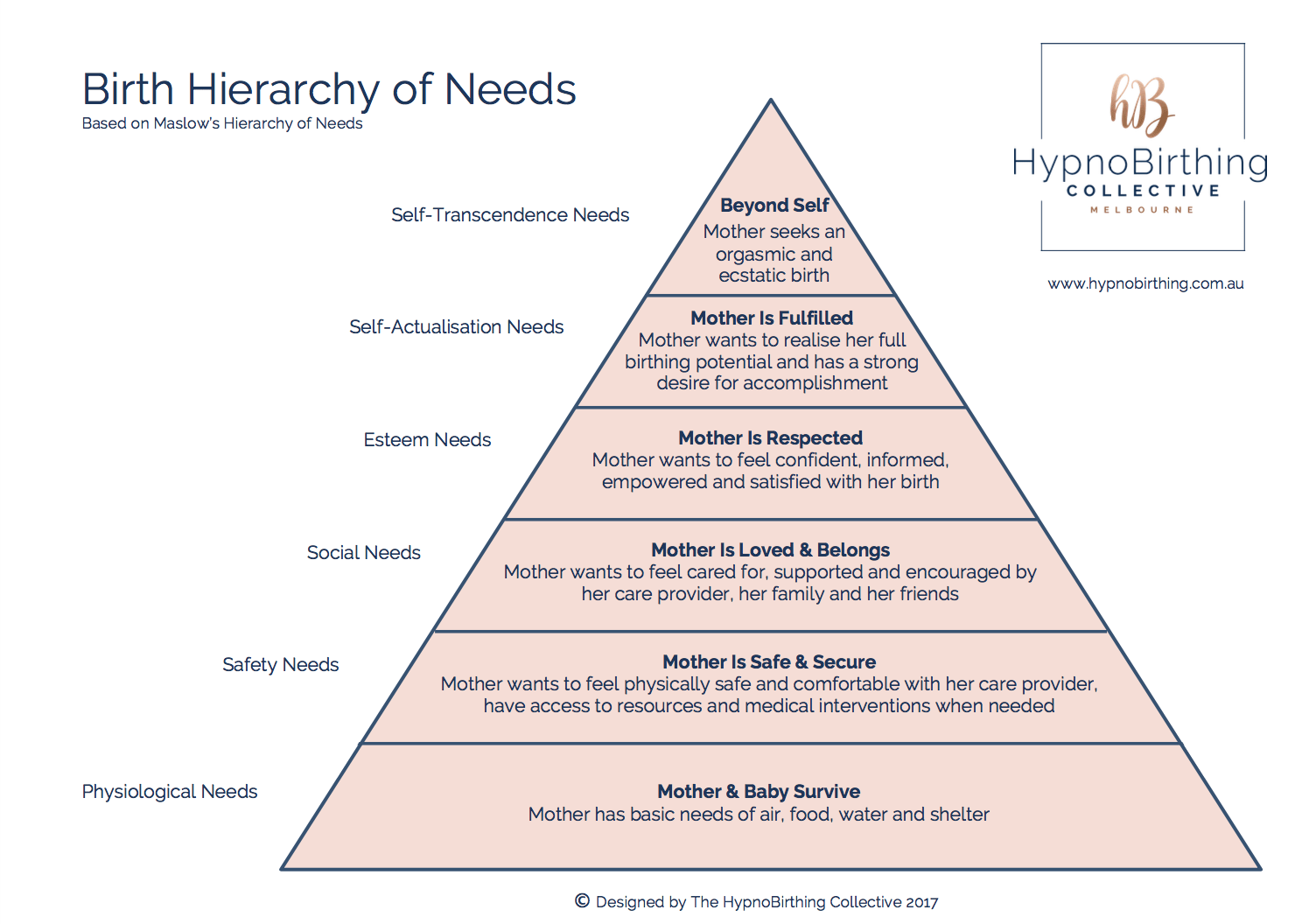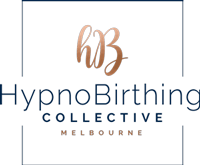
It’s clear that all women experience birth differently. For some, it’s the most joyous and transformational time of their lives. For others, it can be traumatic and often described as the worst experience they’ve ever had, something they never want to do again.
Why do we have such polar opposites?
As a childbirth educator, I began my journey with rose-coloured glasses on. I was newly certified and now assumed every single pregnant person I met would want to come to my classes.
But not everyone did.
I would explain this incredible course I was offering and some women said ‘no thanks’. Whaaaaaat?! Why?
I didn’t get it and I became increasing more frustrated and saddened that I couldn’t reach these women. I couldn’t seem to get through to them about how amazing their birth could be.
Eventually I made peace with this. I started to spend more time focusing on the clients that did want to work with me, but just recently, everything fell into place.
I was at a meet up for birth workers and one of the doulas there was talking about our hierarchy of needs when it comes to birth. Fascinated, I went home and googled.
I had heard of Maslow’s Hierarchy of Needs and wondered how this applied to birth.
In you’re not familiar with Abraham Maslow’s theory, he said that as humans, psychologically we have fundamental needs. We move through stages of growth according to our curiosity and motivation and the goal of his theory is to reach the highest level, self-transcendence. This means having goals outside yourself, being spiritual and altruistic – think Mother Theresa or Ghandi.
Let me take you through the levels and explain how they refer to birth.
Physiological Needs
These are our basic physical needs for survival. If we don’t have these, our bodies ultimately die. These needs include air, water and food most importantly and then clothing and shelter.
For some women, these are their only concerns when it comes to birthing their baby. Women in war-torn countries, experiencing famine or drought, women who are homeless or abused, their top priority is keeping themselves alive to be able to give birth.
Safety Needs
Once we have our very basics needs satisfied and know we can stay alive, our next necessity is to feel safe and secure. This means we feel physically and financially protected and our health and wellbeing is stable.
As we see in society, if we don’t feel safe in our environment (due to war, natural disasters, violence or abuse), we may experience PTSD or trauma.
For some pregnant women, this is their only concern. They want to feel physically safe and comfortable with their maternity provider, that they have access to resources and medical interventions when/if required.
And as we know, women who don’t have this need met during their labour will often developed PTSD or experience birth trauma.
Social Needs
After our physiological and safety needs are met, the next level revolves around that feeling of belonging and acceptance. These feelings come from our friends, our families and groups that we are in. Humans need to love and be loved.
Looking at pregnant women, at this level, a woman wants to feel cared for, supported and encouraged by her choice of care provider, her family and her friends.
This can mean that she will only make socially acceptable choices – she won’t hire a doula or private midwife, seek out natural childbirth classes or have a Mother Blessing instead of a baby shower because it’s not the norm and her need for acceptance overrides what she really wants.
Esteem Needs
We all have a need to feel valued and respected which includes the need to have self-esteem and self-respect.
When we experience low self-esteem, an inferiority complex or depression, there is an imbalance in this level. We often need to build our self-respect before our self-esteem will follow.
Birthing women working from this level are confident, informed and empowered. These women have stepped into their feminine power and are seeking to have a positive and rewarding birth experience.
They may not know exactly how to do it but they are open, willing to learn and understand that they have options and choices that are theirs to make.
I love working with these women – supporting them to find that power, turning up the volume on that little voice inside their heads, letting them know that they can do this.
I used to think that all women were at this level, hence my frustration and disappointment when they weren’t interested in my services. I now understand.
Self-Actualisation Needs
We are now reaching some higher levels and bigger concepts here. Maslow’s quote ‘What a (wo)man can be, (s)he must be’ refers to the need people have to realise their full potential.
People at this level have a desire to accomplish everything that they can, to become the most they can be. This can be realised in many different ways – becoming an ideal parent, an incredible athlete or excelling at a craft or vocation.
To understand this level, you not only have to achieve the previous levels, you must master them.
Looking to the pregnant women, you begin to see why only some women are at this level, seeking a fulfilling birth experience.
These women have a deeper understanding of birth. They know that it’s quite literally our birth rite to have a powerful and joyful experience, that is should be one of the most incredible life experiences we have.
Her desire for accomplishment is strong as is her motivation. This means she seeks that supportive care provider and builds her birth team wisely. She prepares mentally and physically. She is intuitive and listens to her body and her baby. She is strong and incredibly knowledgeable.
I often hear of women at this level getting told by unsupportive care providers that they are foolish and put their birth experience above the safety of themselves and their baby. I now realise that these women are simply operating from a higher level of consciousness than those around them.
Self-Transcendence
Transcendence is the very highest level of human consciousness. Maslow only added this level later in his career and examples include altruism, spiritual awakenings or liberation from egocentricity. This level is characterised by focusing on some higher goal outside ourselves, when you put your own needs aside to serve something greater than yourself.
Maslow referred to something called ‘peak experiences’. In such mystical, aesthetic or emotional states one feels intense joy, peace, well being and an awareness of ultimate truth and the unity of all things. Wow……!
Ever heard of a woman having an ecstatic birth? Or an orgasmic birth? Births where women leave their bodies, travel to the stars to collect the souls of their babies before returning back to earth together? These women have reached a state of self-transcendence.
Plateau Experiences
Maslow coined another phrase called plateau experiences. Rather than one peak experience, these are lasting and serene. Yes, you can still feel the ecstasy but with it comes a sadness that not everyone is capable of having a similar experience.
Enter The Birth Lover
As someone who has had a remarkable birth experience, as I’m guessing many of you have also had, things now seem to fall into place with this knowledge.
You understand why we get upset at our sister, neighbour or colleague for opting straight for the drugs.
You get why we are frustrated at the mother in law who believes a repeat c-section is the safest option.
It makes sense now why not everyone seeks the birth experience we sought.
When you are living in those bottom levels, you have no concept of the higher levels.
They don’t exist to you.
And that’s ok.
It’s what makes us human, unique and so incredibly interesting.

